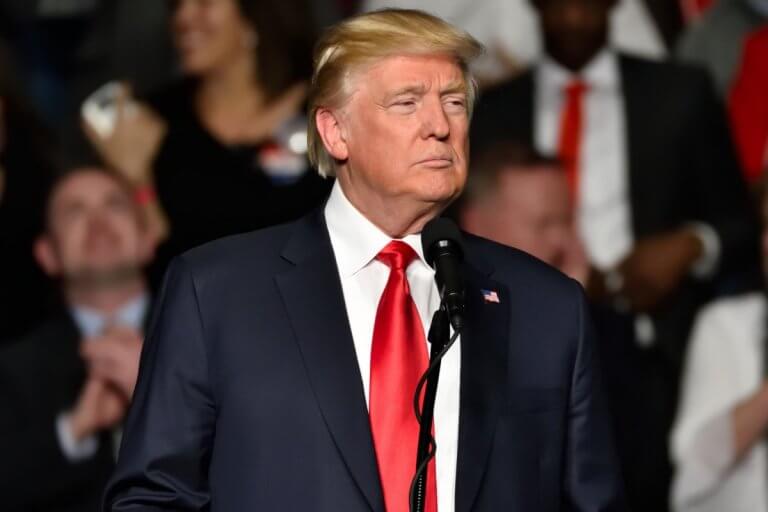
A proposal by the Trump administration to make changes to the current H-1B visa application process has come into the spotlight recently, sparking debate over whether or not it’s a fair move. This proposal is a result of United States President Donald Trump’s direction that urges companies and agencies to adopt a “Buy American, Hire American” strategy.
I wonder if they will get the pre-registration process in place prior to the 2019 H-1B application lottery or not. #H1B #Preregistration https://t.co/iXFYAyweT8
— Immigration Lawyer (@HSDImmigration) December 4, 2018
The H1-B visa, for those who are unaware, is a temporary visa in the United States under the Immigration and Nationality Act that allows foreign workers to be employed in the country under a specialty occupation.
Specialty occupations are jobs which commonly require a bachelor’s degree or experience in that particular field. The visa is valid for three years, and then renewable for another three years, thus clearing a path to citizenship, making it most attractive to students intending to make a life for themselves in the United States after graduation.
The H1-B is known among international students in America for being difficult to obtain, as there is a limit to the number of visas given out each year. Therefore, not everyone who qualifies or applies will receive it, even if their employer is willing to sponsor them, and it ultimately comes down to the luck of the draw.
In the past, certain degrees were also favoured, mainly from the tech sector, making the odds even slimmer for those who don’t have degrees in that field. The rationale behind this was to fill the employment gap that employers faced in these fields.
The proposed changes might make it more difficult for tech companies who have relied heavily on filling their workforce with skilled workers from other countries, such as India. Top tech companies such as Google and Facebook hire tens of thousands of foreign workers each year under the H1-B visa. However, this will reduce the likelihood of these workers being underpaid or certain companies hiring unskilled workers, as the new process will make that near impossible.

The new process might negatively affect the tech industry’s workforce. Source: Shutterstock
Currently, the lottery for 20,000 H-1B visas given to advanced degree holders from US institutions are conducted first, then followed by the remaining 65,000 H-1B visas, open to anyone who intended to anyone who holds a bachelor’s degree and intends to take on a specialty occupation.
With the new proposed changes, the process will be changed in an effort to introduce a selection based on merit, according to USCIS. All registrations, including those from people eligible for the advanced degree exemption, will be included in the application pool for the regular cap of 65,000. Following that, USCIS will select from the remaining applicants to fill the degree cap.
What this means is that the number of H1-B holders who have advanced degrees from US universities will have a higher chance of obtaining the visa, potentially increasing the number of H-1B holders with these degrees to 16 percent, ensuring that “more of the best and brightest workers from around the world come to America”, according to CNN Business.
Another big change being proposed is to move the registration process online. Currently, US employers file a full H-1B petition for their applicants before lottery selections, but with the new ruling, employers must first register their applications online with USCIS during a designated registration period. Following this, if their applicants are selected for the visa lottery, they will need to prepare and submit the full application.
It is not clear if the new online system will be implemented before the next round of H-1B visa applications, set to be in April next year. Public comments on the proposed rule can be submitted from December 3 to January 2.







